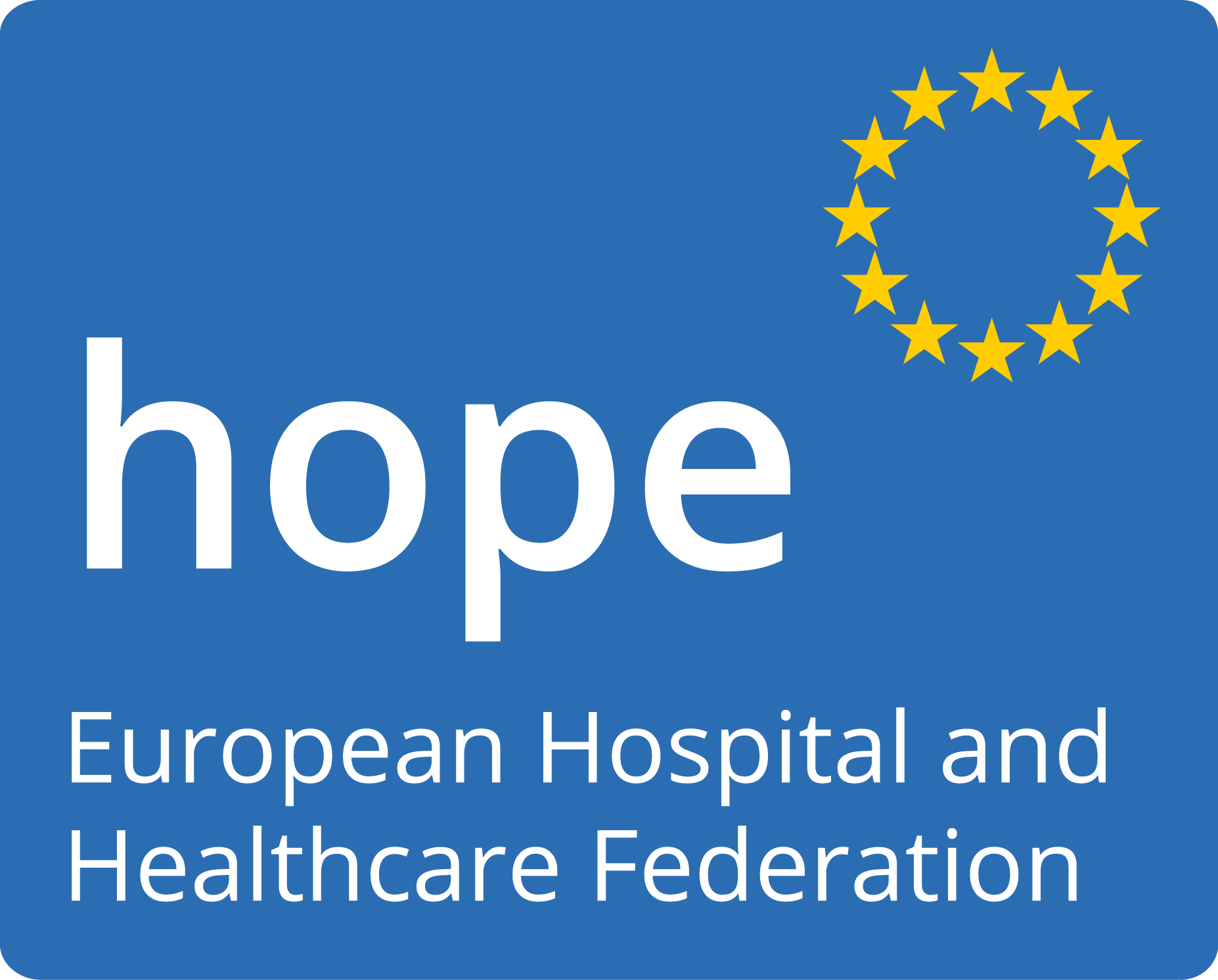The European Semester is a cycle of economic and fiscal policy coordination between the European Institutions and the Member States which started in 2011.
During this cycle, the European Commission assessed the national situation of each member states (the ‘Country Reports’ in February), member states express their desires for reforms (the ‘National Reform Programmes’ in April) and the Commission and Council adopt recommendations (‘Country-Specific Recommendations’ in May/June) for each member state on where to reform social and economic policies.
It has significantly changed under the Juncker Presidency of the European Commission. The European Semester has indeed gained importance over the years as an instrument to influence national reform programmes in the European Member States.
The adoption of proposals for country specific recommendations is a key step in the European Semester. Although Member States are responsible for their own health policy and the organisation and delivery of care, the EU can give a recommendation on certain aspects of its health system to an EU country. The rationale is that EU governments spend an average of 15% of their health budgets, making it one of the largest and fastest growing areas of expenditure. However, health is also an investment. The health sector is a major source of employment, and timely access to high quality healthcare contributes to social inclusion.
HOPE closely monitors the European Semester, regularly report on it to HOPE members and organises the discussion between on its content and accuracy.

